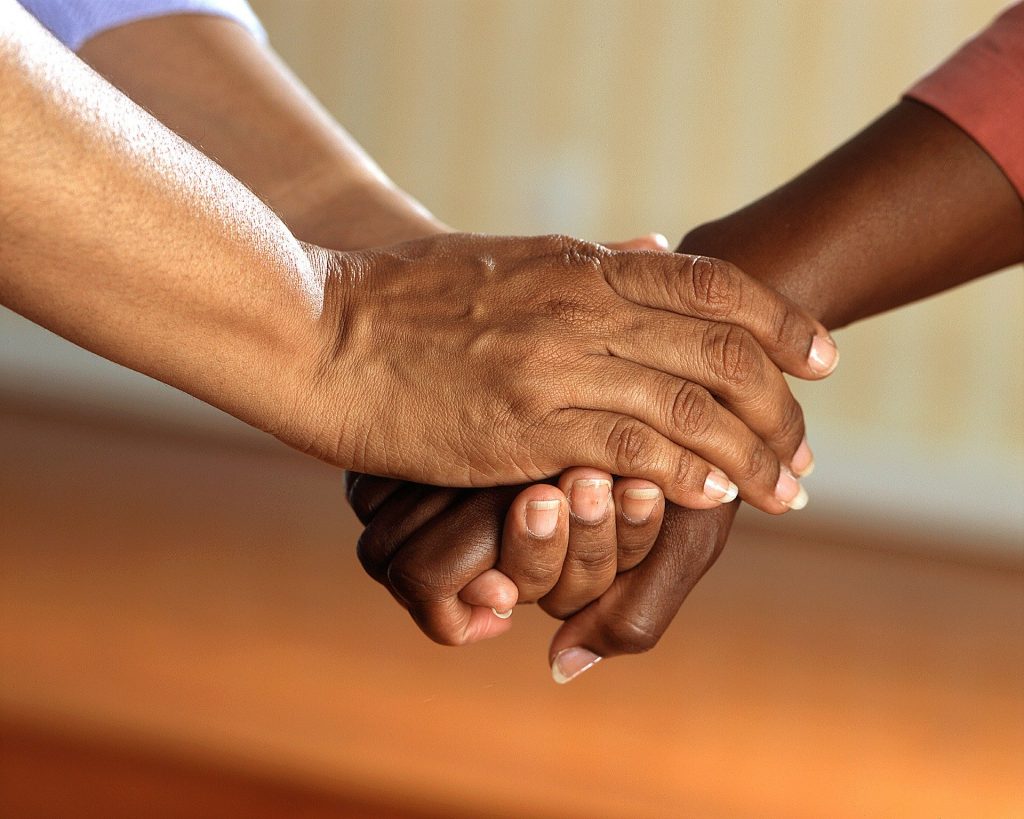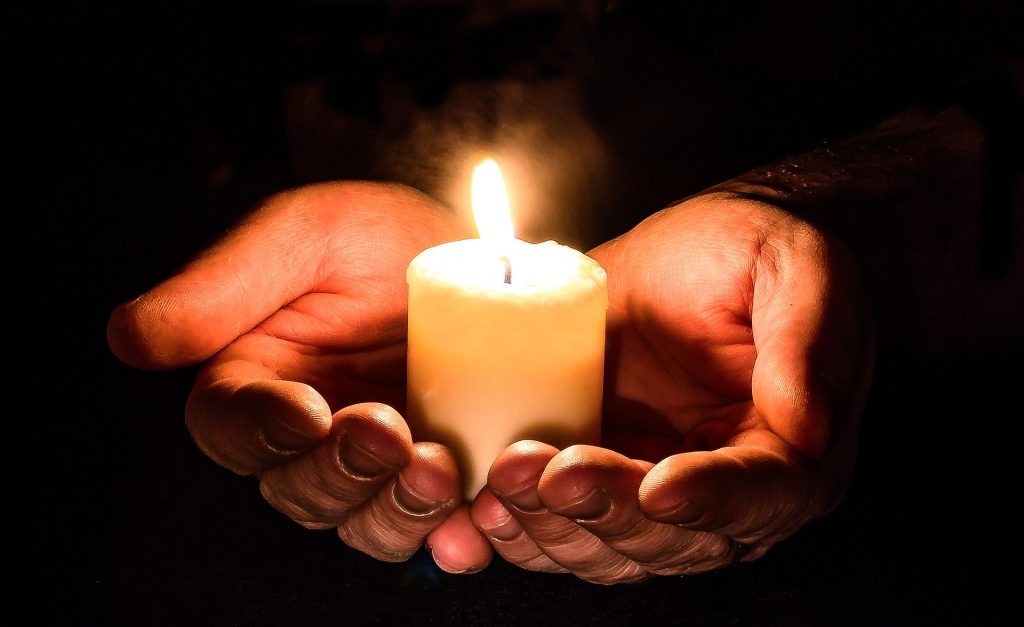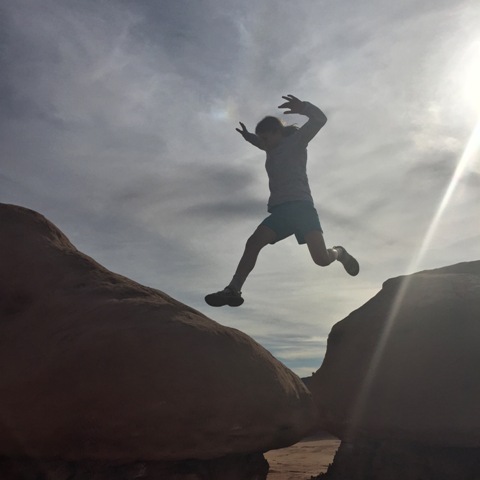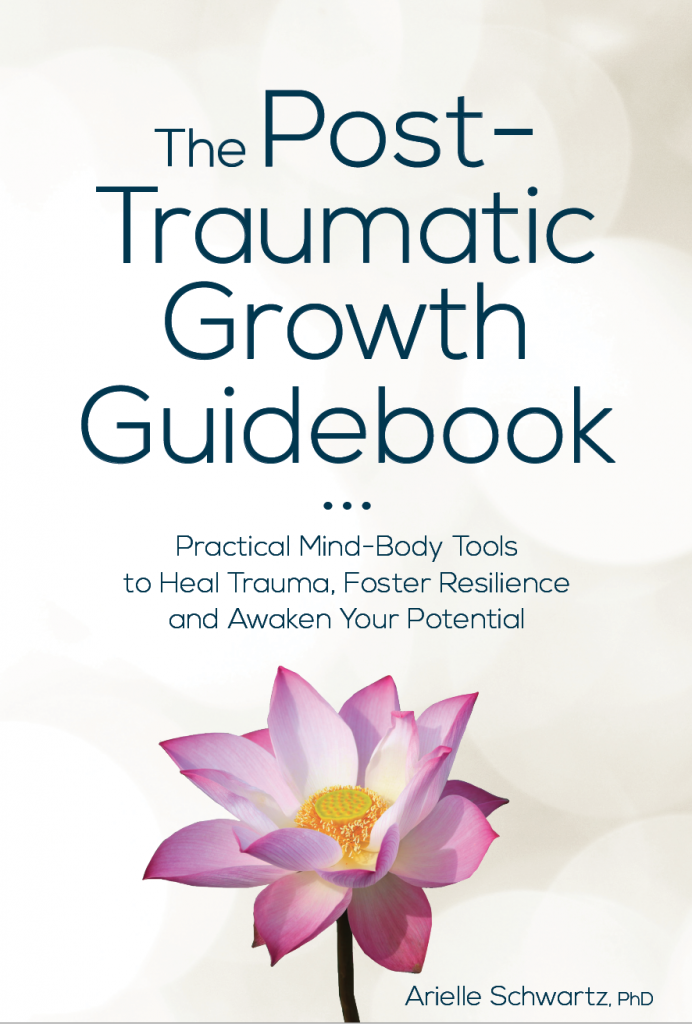Walking into the Darkness

“Covid-19 has led many of us around the world to experience feelings of shock and confusion. This collective crisis has disrupted our orientation to the world as we have known it. We have been thrust into a process of self-discovery and a requisite redefining of our lives. It is impossible to go back to the old ways of living.” ~Dr. Arielle Schwartz
American mythologist, Joseph Campbell (2008), describes personal transformation as a hero’s journey. The hero must enter the darkness, face challenges, slay the dragon, retrieve the treasure, and emerge stronger. Here, we understand that challenging life events can serve as a call to enter the hero’s journey. You may feel as though you have been thrown into an abyss. The dragons you must slay are the inner demons. You walk into the darkness in order retrieve the treasures that exist within you, such as inner strength, wisdom, and hope. You emerge with an enhanced sense of meaning and purpose, which become the gifts that you have to offer to the world.
A Collective Hero’s Journey

Campbell described the hero’s journey as a “monomyth,” which serves as a blueprint for many of our fairytales, books, and movies. The monomyth is described as a cycle that begins with a phase of freedom and innocence. This period of ease is tragically disrupted by a crisis that sends the hero into exile.
Here we are. There is no turning back. Covid-19 has changed our world. But, we are in this together. To overcome the challenges that are set before us, we must seek out resources needed to face our fears and inner demons. We must go within to gather our strength and to rise up in the midst of crisis. We are being asked to become the best version of ourselves.
This doesn’t mean that we won’t feel pain. Attending to our sadness, anger, fear is the path forward. Attend with love. Reach out…we are not meant to move through this alone. Perhaps, that is part of the lesson. We are a collective. We are deeply connected to each other. We are here to give and receive from each other.
Crisis as Catalyst

Perhaps our current world crisis has been the catalyst. Or, maybe your hero’s journey began long ago as a result of childhood trauma. No matter the origin, a hero’s journey can guide our process by encouraging us to transform our pain into a source of wisdom.
You might have uncomfortable places that you don’t like to acknowledge or feel. As a result, you might want to reject the call to enter the hero’s journey. The desire to avoid peering into the darkness is normal. It is human instinct to move away from pain. However, learning to turn toward discomfort is necessary and important. Even though you might want to run away, explore the resources that help you to step forward toward the discomfort. Remote psychotherapy, online support groups, journaling, time in nature, or mindful embodiment practices can all help you lean into discomfort at a pace that is right for you.
Living in Two Worlds

The challenge set before us is to learn to live in two worlds—that is, to maintain a connection to our inner, spiritual self while simultaneously living in the outer world. This dual connection helps us learn to live on a threshold where we can acknowledge our pain as a source of compassion.
At times, we might wonder how to live in a world that has betrayed us and that could betray us again. We grow by increasing our ability to hold the complexity of the human experience. This world contains experiences of harm and loss; however, this is also a world of love and care.
Transformed by a hero’s journey, we have an opportunity to grow ourselves into mature adults, capable of holding complex feelings and ideas in a world that can cause harm. There is a great maturity in being able to hold the truth that hurtfulness and happiness can coexist around and within you. We can learn to hold dichotomies, polarities, and contradictions. Experiences of pain are an inevitable part of life; opening our hearts involves the risk of pain. However, life can have excruciatingly painful moments and still be magnificently beautiful. Living on the threshold allows us to walk through the world with an effortless grace that emanates from within.
Emerging into Wholeness

Walk slowly and gently as you face your fears.
In time, we can all learn to trust our capacity to enter the darkness and return to the light. Successfully navigating the hero’s journey gives us the opportunity to discover that we are more powerful than we previously realized.
As a result, the here’s journey allows us to feel more grounded, real, and whole because – in truth – this transformation is about revealing who we truly are.
Together, let us remember that there is an inseparable relationship between our own personal happiness and the wellbeing of others.

The text in this post is drawn from The Post Traumatic Growth Guidebook: Practical Mind-Body Tools to Heal Trauma, Foster Resilience, and Awaken your Potential. Within the pages of this book, you will have many more resources to help you connect to your inner strength and wisdom. This book invites you to see yourself as the hero or heroine of your own life journey. A hero’s journey involves walking into the darkness on a quest for wholeness. This interactive format calls for journaling and self-reflection, with practices that guide you beyond the pain of your past and help you discover a sense of meaning and purpose in your life. Successful navigation of a hero’s journey provides opportunities to discover that you are more powerful than you had previously realized. Click here to order the book on Amazon.
About Dr. Arielle Schwartz

Dr. Arielle Schwartz is a licensed clinical psychologist, wife, and mother in Boulder, CO. She offers trainings for therapists, maintains a private practice, and has passions for the outdoors, yoga, and writing. She is the developer of Resilience-Informed Therapy which applies research on trauma recovery to form a strength-based, trauma treatment model that includes Eye Movement Desensitization and Reprocessing (EMDR), somatic (body-centered) psychology and time-tested relational psychotherapy. Like Dr. Arielle Schwartz on Facebook,follow her on Linkedin and sign up for email updates to stay up to date with all her posts. Dr. Schwartz is the author of four books:
- The Complex PTSD Workbook: A Mind-Body Approach to Regaining Emotional Control and Becoming Whole (Althea press, 2016)
- EMDR Therapy and Somatic Psychology: Interventions to Enhance Embodiment in Trauma Treatment (Norton, 2018).
- The Post-Traumatic Growth Guidebook: Practical Mind-Body Tools to Heal Trauma, Foster Resilience, and Awaken your Potential (Pesi Publications, 2020)
- A Practical Guide to Complex PTSD: Compassionate Strategies to Begin Healing from Childhood Trauma (Rockridge Press, 2020)
